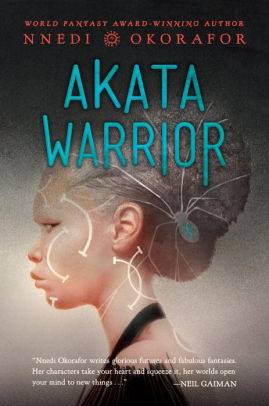A fascinating little book published in 1898, by Charles DeKay, it travels all over the world in pursuit of Bird Gods and myths about birds. There are many stories from Finland, I’d love to know if they are at all still known. (Hint, hint to Ice Swimmer & Lumipuna).
Speaking fluent German, French, and Italian, as well as studying Latin, Greek, and Sanskrit, DeKay’s linguistic background is apparent in the book as he traces the various cultures and mythologies that the different birds appear in. He presents the idea that, rather than the more distant celestial objects, it is the animals that have surrounded us which have been the root of religious ideas. Each chapter in the book presents a different bird, from the owl and peacock to the woodpecker and the dove, as well as the gods these birds represented. In his preface, DeKay writes of how humans have shared their belief in nature and that this still exists in us no matter of religion, language, or ethnicity, urging his readers to respect nature and not destroy it without reason. He writes:
[…] recollection of what our ancestors thought of birds and beasts, of how at one time they prized and idealized them, may induce in us, their descendants, some shame at the extermination to which we are consigning these lovable but helpless creatures, for temporary gains or sheer brutal love of slaughter. The sordid men who swept from North America the buffalo, the gentlemen who brag of moose and elephants slain, the ladies who demand birds for their hats and will not be denied, the boys who torture poor feathered singers and destroy their nests, are more ruthless than the primeval barbarians. […] The marvellous tale of the share birds have had in the making of myth, religion, poetry and legend may do somewhat to soften these flinty hearts and induce men to establish and carry out laws to protect especially the birds.
The illustrations by George Wharton Edwards are gorgeous. You can read or download Bird Gods here. Via The Public Domain Review.





















